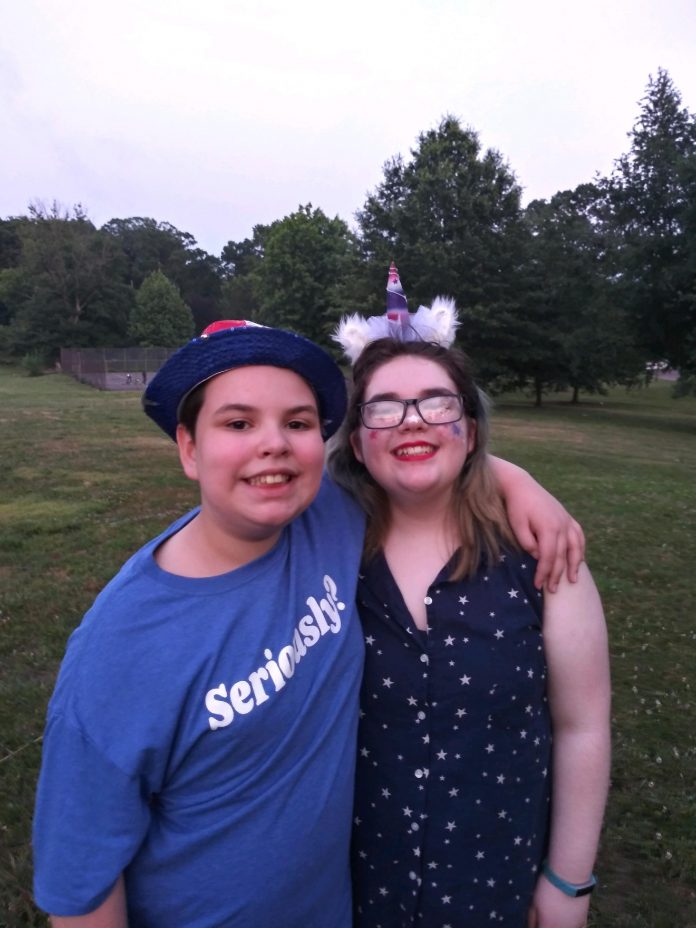After COVID-19 hit in March, students and teachers at brick-and-mortar schools around the world had to adapt to a virtual education model for the first time. But for the Smosny family, their daily routine continued uninterrupted as the world shut down.
Heather Smosny’s kids Jeremy (going into fifth grade) and Veronica (going into seventh) are students at The Pennsylvania Virtual Charter School, so they’re used to learning in a virtual classroom. Heather, who lives with her kids in Frankford, pulled them out of public schools about two years ago after Veronica started getting bullied, including having her glasses thrown down a sewer grate.
“I didn’t want the same thing for my son. He’s on the autism spectrum,” Heather said.
Jeremy receives support with speech, social skills and occupational therapy virtually, which were able to continue uninterrupted during shutdown.
“A misconception about virtual learning is that services lack, but really [the kids] just need extra support from home,” Heather said.
Pennsylvania cyber charter schools follow the same guidelines and requirements districts follow for Individual Education Plans used to support students with special education needs. Cyber charter schools in the state and the Public Cyber Charter School Association (which PA Virtual is a part of) ensured that they continued to uphold the Individuals with Disabilities Education Act, which ensured that schools continued to offer education programs through distance instruction.
Communication has always been key for cyber schools and continues to be now more than ever, said Dr. Michael Conti, the recently retired CEO of Agora Cyber Charter, another school in the PCCSA. Of its 6,000 student body, 30 percent of students at Agora are served by IEPs.
“We are really lucky to have had the technology, communication protocols and relationships with parents already in place,” he said.
When Smosny signed her kids up for virtual schooling, she knew she would be taking on more responsibility to get herself involved in their education, but it’s a challenge she gladly took on.
“I feel as though the school system is set up so you can’t reinforce what the kids are learning at home and then kids fail. If kids aren’t getting reinforced at home, it’s not going to stick,” she said.
It’s been a similar experience for Castor Gardens resident Lisa Beck, who enrolled her sons Daniel and Leroy in Pennsylvania Leadership Charter School after it was clear Daniel’s intellectual disability did not allow him to integrate easily into his previous school. They’ve been enrolled for five years, with Daniel moving into 11th grade and Leroy graduating this past June.
Classes were paused for two weeks at the beginning of shutdown as the school falls under the School District of Philadelphia’s guidance, but since then it’s been smooth sailing.
Aside from helping Daniel in her own home, Beck has worked as a behavioral specialist to assist students with special needs in classrooms. So for her, the transition has been easy – but she recognizes that many families have been struggling to adapt to the transition.
“It’s a challenge for many families who now have to deal with that change, because the course curriculum is being taught differently than when we were younger, and unfortunately a lot of families have children with behavioral issues,” she said.
It’s one thing Beck can rely on during these uncertain times.
“It’s the best experience my kids have had,” she said. ••





